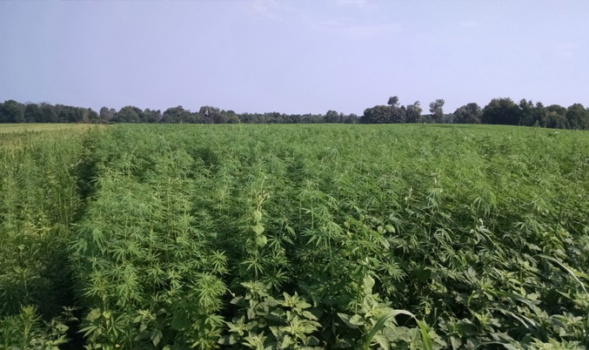By Karla Arboleda
Hemp growers in South Carolina received a list of pesticides permitted for use on their crops.
Earlier this month, the Department of Pesticide Regulation approved a list of pesticides from section 25(b) under the Federal Insecticide, Fungicide and Rodenticide Act administered through the Environmental Protection Agency (EPA). Steve Cole, director for regulatory public service programs for Clemson University, says regulators have looked at how states like Colorado and Washington regulate pesticides for hemp.

“With the passage of the newest version of the farm bill, some of the regulations were in order to be more relaxed regarding hemp,” Cole said. “The EPA has reviewed those pesticides and found that the active ingredient is of … little risk (to the environment) at all.”
While the list is not a full approval for pesticides that necessarily have to be used on hemp, it includes exempted products that are federally approved. Like other states preparing to grow hemp commercially, South Carolina has seen a great increase in people looking to work with the crop.
“Last year was our first full year of hemp being grown, and our Extension programs and research programs started noticing that there were some pest and disease issues with that crop,” Cole said. “Our Extension program is working with the growers as well to try to help them identify pest problems and try to figure out plans for treatments that will work that are approved.”
114 growers have been approved in the state for the 2019 Hemp Farming Program, and they can look to their Clemson Extension agent for assistance. Since there are at least three to five more years of work left to do before hemp products will hit the market, growers and hemp enthusiasts are encouraged to be patient.
“It’s a new crop, even though it’s been around a long time. The state and federal regulations are getting closer to being more toward treating it as an agronomic crop,” Cole said. “There’s still a lot of limitations there, but it’s better than nothing.”









